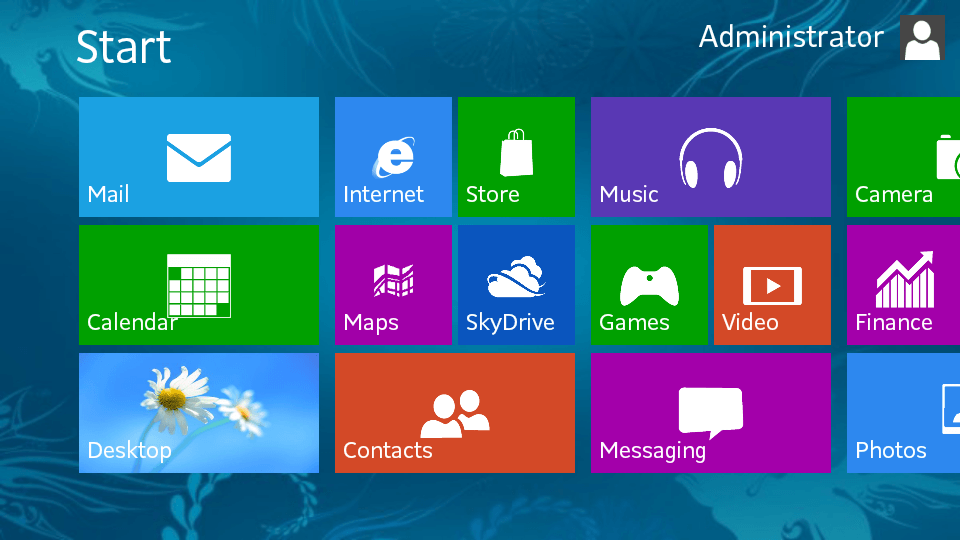AI startups now do more than build smart tools. They also break into new regions fast. One big secret behind this success is working with a software translation agency early. When apps speak the local language, AI feels less foreign. That helps people trust apps, understand them, and use them right away.
Apps have become the new normal where we use them for our every need. Either it’s ordering food, going somewhere or checking the weather. It is important for app companies to translate and transform these apps for the sake of target audiences. In this read, we are going to talk about the role of app localization in fueling the success of AI startups in new markets.
Making AI Feel Friendly from the Start
AI tools may sound high-tech, but the best ones feel simple. When a user opens an app and sees buttons and messages in their language, that ease boosts trust. A translation agency ensures terms like “suggestions,” “insights,” or “feedback” match local meaning. This clarity turns complex AI into helpful friends.
Finding New Markets with Native Touch
Region-by-region, cultures and speech change. A phrase that feels helpful in one place may sound odd in another. AI startups who localize language early gain strong user response in new areas. Local users feel the app was built for them, not just dropped into their country. This native feeling makes them stick to the app which is great for your business as it spreads good word of mouth. This later adds to greater downloads which also demands more updates.
Connecting With Users Through Tone
AI startups often use friendly, encouraging language. But how that tone lands depends on culture. A casual phrase that reassures in one region may feel too distant in another. App localization adapts this tone. When AI apps greet users with warmth in their own style, people stay and explore. Keeping the tone as per the needs and temperament of the audience is very important for the success of your app.
Support Systems That Feel Local
AI startups include help menus, FAQs, and support paths inside apps. If these are written in local language with clear phrasing, users get answers fast. For example, support that reads simply as “How do I fix this error?” in the local language lets users solve issues themselves and fast. The more the audience feels at ease, the more they are going to ask for help. This help makes them stay on your app in the long run.
Onboarding That Speaks Your Words
Onboarding means teaching users how to use the app. When AI tools show steps, prompts, or tips in the local language, users learn faster. App localization agencies help shape this guidance so users tap the right buttons quickly, without feeling lost.
Trust in AI with Familiar Language
Trust is crucial for AI. Users worry about data, errors, or privacy. If the privacy notice and data prompts are clear in local wording, people feel safer. A professional localization creates simple messages like “Your privacy comes first” in the local style. That matters.
Growing by Listening to Local Feedback
Feedback is gold for AI improvement. Local users often give suggestions or flag mistakes. If feedback sections are translated clearly, users share better insights. This local input refines AI output more effectively than generic feedback tools.
Marketing AI Tools with Local Voice
When AI startups launch in new markets, they often work with an app localization agency to adjust marketing messages, social content, and onboarding ads. This shift boosts reach and trust quickly because people hear voices that speak like theirs.
Building Long-Term User Bonds
Startups often expand fast, but slow adoption kills growth. Local language keeps users coming back. Once people feel comfortable, they use AI apps every day. That retention fuels growth. Localization helps create word-of-mouth, local evangelists, and steady use.
Data Insights Become Clearer
AI learns from how people use it. When interfaces respond in clear local language, user behavior becomes easier to track and analyze. AI can understand local patterns like language preference or formatting habits more quickly. Clean localization sharpens data clarity.
Unlocking Specialized AI Features
Some regions need AI tailored to local needs, like health tools that use local drug names, or payment help that uses local terms. Localization allows AI tools to talk local medicine or local pay systems the way users expect. Without it, useful features might get ignored or misused.
Local Voice Builds Sustainable Growth
Localization is not just a one-time task. As AI features grow, they stay understandable to local users only if translated every time. This creates a sustainable cycle: More features → clearer language → more usage → continuous growth.
Final Words
AI is reshaping how we work, learn, and play. But to reach global users meaningfully, AI tools need to speak local languages, literally and culturally. When startups weave localization early into their plans, they enter new markets not just as tech, but as friendly and familiar helpers. That connection is what turns visitors into users, and users into fans.


